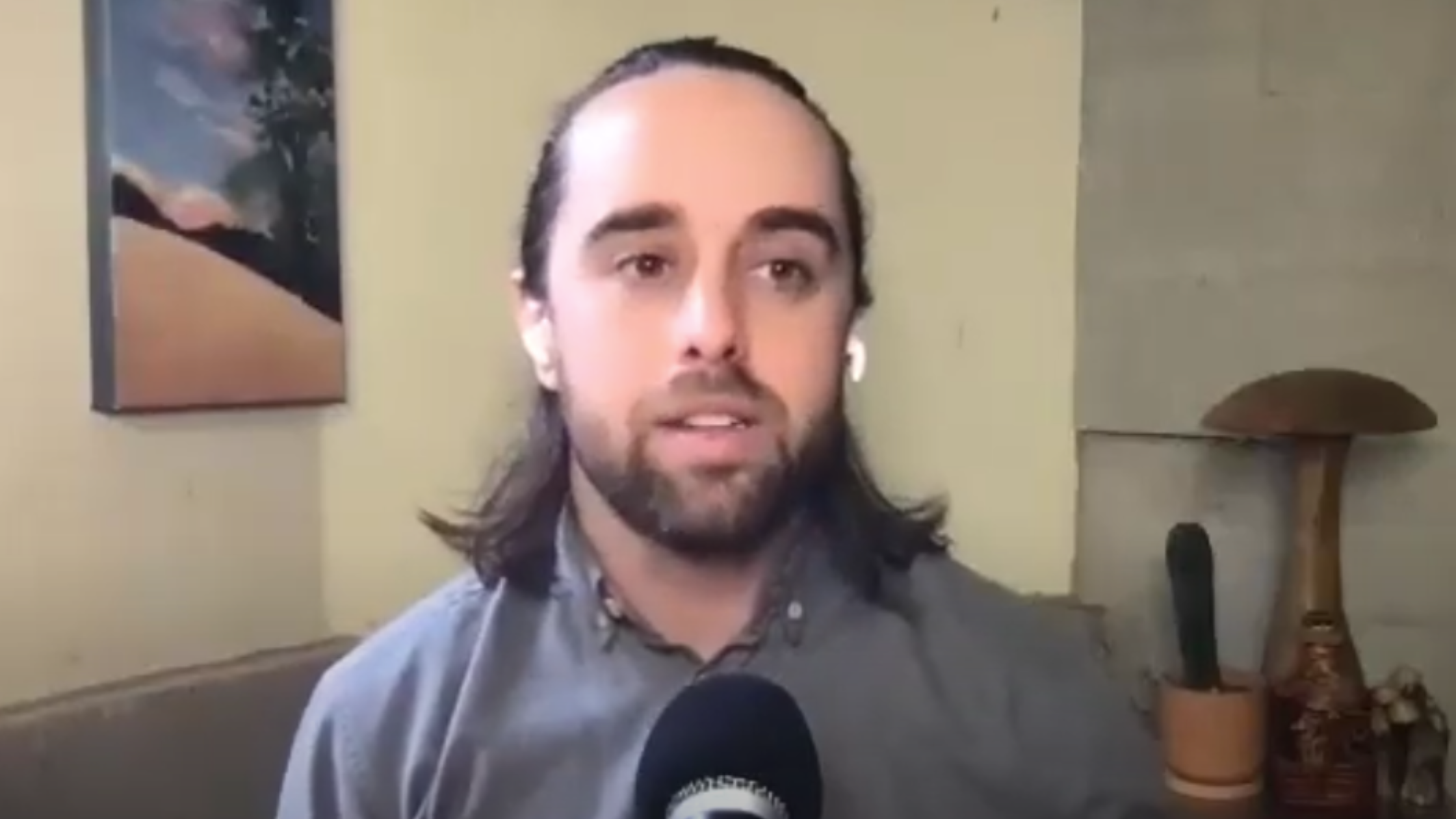Exploring the Role of Psilocybin Therapy in End-of-Life Care: Insights from Experts
On May 28, 2024, a distinguished panel gathered to discuss the potential benefits and regulatory landscape of legal psilocybin for end-of-life (EoL) care that is available in Oregon and Colorado. The panel, hosted by Christine Caldwell and End of Life Psychedelic Care (EOLPC), brought together leading voices to explore the complexities, health considerations, and future directions of psilocybin therapy. EOLPC offers educational resources to those wanting to learn more about the expanding field of psychedelics for end-of-life care.
Key Insights from the Panel:
The Healing Potential of Psilocybin
The discussion began with a review of research highlighting psilocybin's efficacy in alleviating anxiety, depression, and existential distress among terminally ill patients. Panelist Myles Katz, Founder of Confluence Retreats, shared insights from his extensive experience hosting over 1,000 psychedelic journeys, emphasizing the transformative power of psilocybin in fostering a sense of peace and acceptance at the end of life.
Regulatory Landscape in Oregon and Colorado
Panelists delved into the regulatory frameworks governing psilocybin use. In Oregon, the supported adult use model allows for the administration of psilocybin by licensed facilitators in controlled environments. This model aims to ensure safety and efficacy while providing flexibility in treatment approaches. The panel discussed how these regulations pave the way for broader acceptance and use of psilocybin in EoL care.
Health Considerations and Client Screening
Dr. Christian Jacobus, a medical director and advocate for psilocybin in hospice care, highlighted the importance of thorough health screening to identify potential contraindications, such as recent lithium use or active psychosis. The panelists agreed on the necessity of careful assessment to ensure safe and beneficial experiences for patients.
The Role of Facilitators
Heather Lee and Amanda Gerace shared their experiences as licensed facilitators, emphasizing the importance of personalized care. They discussed how psilocybin can help reduce fear and anxiety, fostering a sense of curiosity and acceptance among patients. Amanda highlighted the critical role of communication and support networks in delivering effective end-of-life care.
Community, Collaboration, and Education
Myles Katz underscored the importance of community and collaboration in advancing psilocybin therapy. The panel spoke about the Psilocybin Access Fund, which provides scholarships and funding for psilocybin journeys, ensuring these transformative experiences are accessible to those in need. The discussion also touched on the state-mandated social equity plans, which aim to make psilocybin services more inclusive and affordable.
Changing Cultural Perceptions
The panelists agreed on the need for ongoing education to shift outdated cultural perceptions of psychedelics. They emphasized the importance of re-educating the public to ensure safe and responsible use of psilocybin. This re-education is crucial for expanding the legal and therapeutic use of psilocybin, particularly in end-of-life care.
Conclusion
The panel discussion provided valuable insights into the evolving landscape of psilocybin therapy for end-of-life care. With experts like Myles Katz, Christine Caldwell, Heather Lee, Amanda Gerace, and Dr. Christian Jacobus leading the way, the future of psilocybin therapy looks promising. As we continue to explore and understand the potential of psilocybin, it is essential to focus on regulation, education, and community support to ensure these therapies are safe, effective, and accessible.
For more information about psilocybin retreats and therapy, visit Confluence Retreats and join us in fostering a compassionate, nature-based psychedelic approach to end-of-life care.

